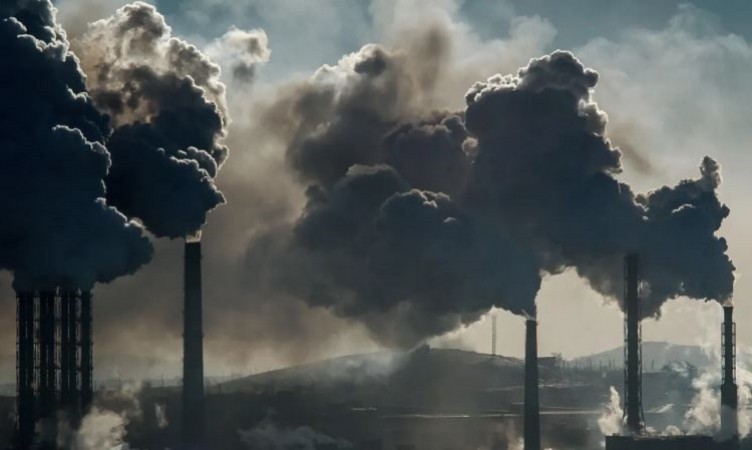
In an increasingly industrialized and urbanized world, air pollution has become a pervasive and silent threat to human health. The Air Quality Index (AQI) in Delhi plummets to the 'severe' range. The primary concern regarding air pollution lies in minuscule particles that pose grave threats to human well-being. Contaminated air harbors perilous elements, such as fine particulate matter (PM 2.5) and carcinogens, which have the potential to facilitate the onset and advancement of cancer.
The Sources of Air Pollution
Air pollution is primarily the result of emissions from various sources, both natural and human-made. Some of the most common sources include:
Industrial Emissions: Factories, power plants, and manufacturing facilities release a plethora of pollutants into the air, such as particulate matter, volatile organic compounds, and various gases.
Transportation: Motor vehicles, especially those powered by internal combustion engines, are significant contributors to air pollution. They emit pollutants like nitrogen oxides (NOx), carbon monoxide (CO), and volatile organic compounds (VOCs).
Agriculture: Agricultural activities, including the use of fertilizers and pesticides, can release ammonia and other chemicals into the atmosphere, contributing to air pollution.
Natural Sources: Volcanic eruptions, forest fires, and dust storms release natural pollutants, which can exacerbate air quality issues.
The Health Impacts of Air Pollution
Respiratory Problems: Prolonged exposure to air pollution can lead to a range of respiratory issues, including coughing, wheezing, and exacerbation of asthma. Fine particulate matter (PM2.5) can penetrate deep into the lungs, causing inflammation and potentially leading to chronic obstructive pulmonary disease (COPD).
Cardiovascular Complications: Air pollution is linked to an increased risk of heart disease and stroke. The inhalation of pollutants can lead to the development of atherosclerosis, which narrows arteries and hinders blood flow.
Reduced Lung Function: Children exposed to air pollution may experience diminished lung growth, which can affect their lung function throughout life.
Cancer: Long-term exposure to certain air pollutants, such as benzene and formaldehyde, is associated with an elevated risk of cancer, particularly lung cancer.
Neurological Effects: Recent research suggests that air pollution may also impact the central nervous system and is associated with cognitive decline, including conditions like Alzheimer's disease.
Pregnancy Complications: Pregnant women exposed to air pollution face higher risks of premature birth, low birth weight, and developmental issues in their children.
Mental Health: There is emerging evidence that air pollution may have adverse effects on mental health, including an increased risk of depression and anxiety.
Mitigating the Impact of Air Pollution
Government Regulations: Governments play a crucial role in regulating and monitoring air quality. Laws and regulations that limit emissions from industrial facilities and vehicles help reduce pollution levels.
Clean Energy: Transitioning to cleaner energy sources, such as renewable energy and electric vehicles, can significantly reduce air pollution.
Public Awareness: Educating the public about the health risks associated with air pollution can lead to behavioral changes and support for cleaner policies.
Urban Planning: Well-designed cities that prioritize public transportation, green spaces, and sustainable development can mitigate pollution and improve overall quality of life.
Personal Actions: Individuals can reduce their exposure to air pollution by using air purifiers, avoiding outdoor activities during times of high pollution, and advocating for cleaner practices.
Air pollution is a silent menace that affects the health of individuals and communities worldwide. Its diverse and far-reaching health impacts make it a pressing concern for public health and environmental advocates. Addressing air pollution requires a multifaceted approach, including government regulations, clean energy solutions, public awareness, and individual actions. By working together, we can strive for cleaner, healthier air and a brighter future for all.